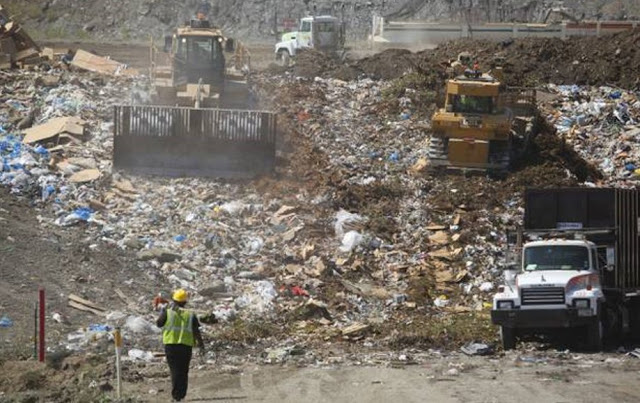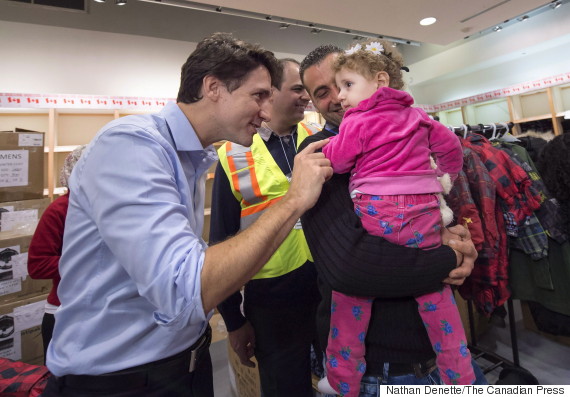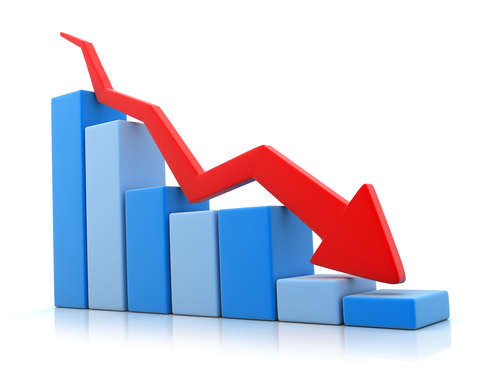Canada’s goal of bringing 25,000 new Syrian refugees into the country recently succeeded, but the government has set a new goal of welcoming 35,000 to 50,000 more new refugees by the end of the year. PM Trudeau insists everyone is doing their part, but more work must be done. This week, he announced that he and his family will be legally adopting two entire families of Syrian refugees to help with the effort.
“My children are overjoyed at the idea that they will be uncles and aunts,” Trudeau says. “We’re proud to welcome Dr. Abraham Karam, his wife Aliya, their children – my grandchildren, Khaled and Nizar, and their brothers and sisters, Mohamed Wahab, his wife, Fatima, and their children Mohamed Hassan, and Mohamed Hussein.”
Trudeau also mentioned in the press release that, since the Rideau cottage doesn’t have enough space for his new children, they will be staying in the vacant 24 Sussex drive until they’re ready to move out. When questioned if the ages of his children, some older than Mr. Trudeau himself, were concerning, he replied, “Age makes no difference when it comes to family. My son, Dr. Abraham, of whom we are very proud for becoming a doctor, is 51 years old and I am only 45. This makes no difference to me, he is still my son. Like with all older children, he will be there to support his younger siblings just as much as we will. We have no concerns about how our children will grow up.”
Trudeau also stated that there will no longer be a need to hire a nanny as Aliya and Fatima are both work-at-home mothers.
“I encourage my fellow MPs to act in the same way as I have and adopt a family of refugees. It truly makes all the difference. Also, if my fellow Canadians wish to join in the effort, we launched the Adopt-A-Refugee program on April 1st. There are incentives to sign up such as tax breaks for all families adopting a refugee, and double the tax break if the refugees are Syrian,” says Trudeau.





